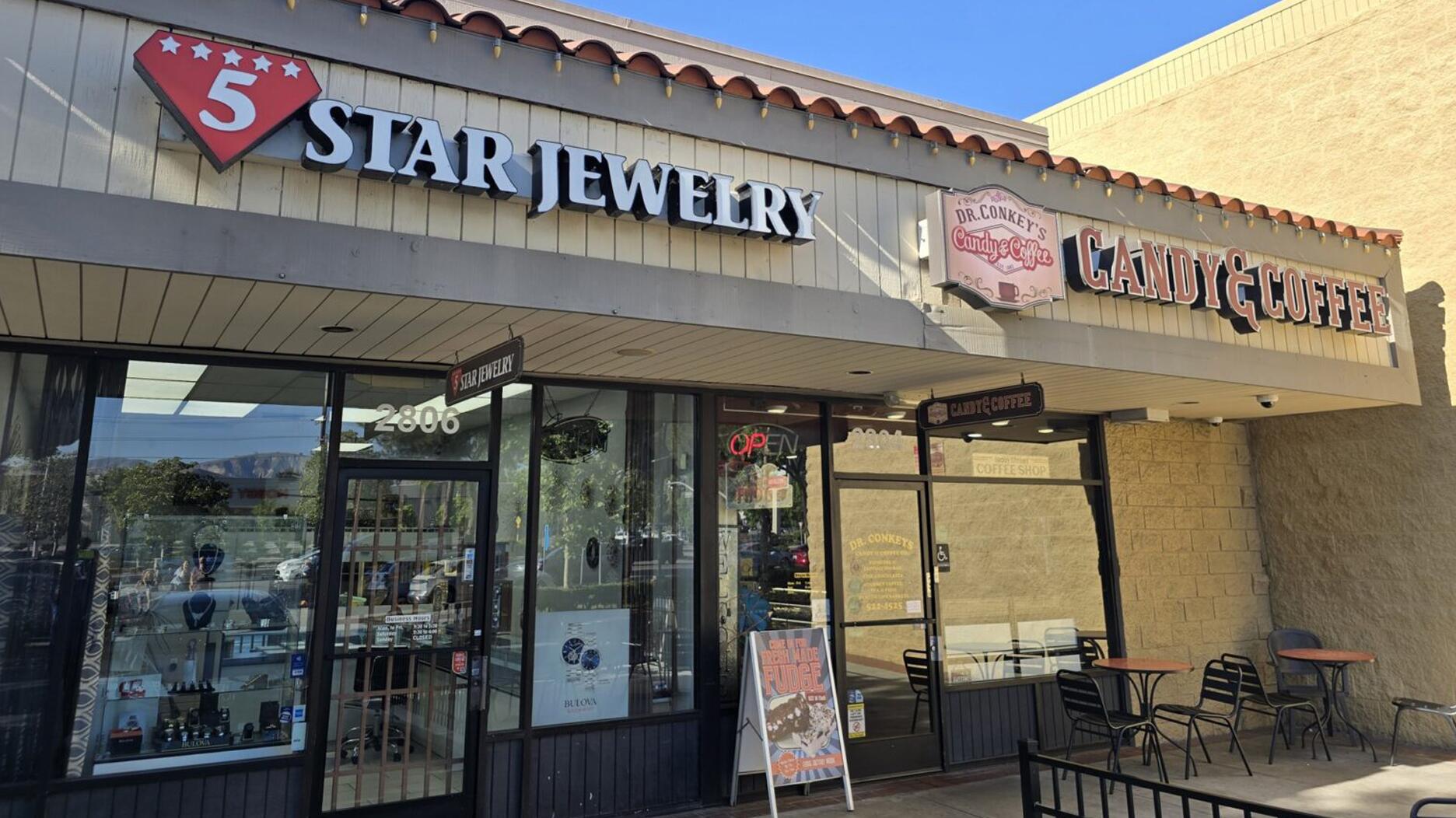Owners of the Ekapa Mine reportedly filed for liquidation about a week after a mudslide trapped five workers who have yet to be found.
Store Security, Safe Teleworking in the Time of COVID-19
Every single piece of merchandise needs to be stored out of sight, and computer systems need to have adequate protection, JSA says.
New York—Jewelers’ Security Alliance President John J. Kennedy has two main tips for jewelry businesses as the coronavirus drastically alters life across the United States.
First, if jewelers choose to, or are forced to, close their stores, every single piece of merchandise needs to be put away, out of view, even their least-expensive pieces.
Secondly, all companies with employees now working from home need to make sure they have proper protections in place to avoid becoming victims of computer-oriented crime.
COVID-19 is a crisis without precedent in our time.
Kennedy said the only event that comes close was 9/11, but even that horrific morning does not compare in scale or duration to what the nation is experiencing now—and is going to experience—in battling the coronavirus.
“It’s going to be a while [until things go back to normal], under the best of circumstances,” he said.
Nationwide, businesses, from bars to movie theaters to jewelry stores, are closed or operating with reduced hours.
In the jewelry industry, early responses to a survey Jewelers of America started taking this week show that more than half of jewelers have kept their stores open, though many have cut back their opening hours or transitioned to by appointment only.
Only 8 percent of retailers who’ve responded so far say they’re closed. (The JA survey will be open through Friday for those interested in participating.)
For stores that remain open, whether with regular hours or reduced, JSA’s key recommendations for preventing crime don’t change—jewelers need to keep showcases locked, only show one item at a time, not resist in the event of a robbery and have door buzzers to admit customers.
Kennedy said one question that has popped up since the onset of the pandemic is, should jewelers view surgical masks as a red flag, something a potential criminal dons to conceal his or her identity?
JSA’s answer is no.
“We don’t think that’s a serious risk at all,” he said. “You don’t fully conceal your identity even if you have a surgical mask on. That’s not what criminals do.”
Jewelers should, instead, focus their energies on watching for common red flags.
People entering not just with surgical masks on but sunglasses and hats as well, or in clothing that’s not appropriate for the season, are considered red flags.
Other red flags include people who wander around the store aimlessly, not really focused
JSA says retailers should have a code word that alerts all employees to the presence of a suspicious person in the store.
For stores that are closed or plan to do so, the biggest threat is, obviously, burglary, and Kennedy said there is one standing JSA recommendation they need to heed.
“It’s even more important now to make sure that if you’re going to close, you put everything away,” even the less expensive merchandise, he said. “Merchandise left in showcases is a magnet for criminals.”
Jewelers should otherwise follow JSA’s standard recommendations when it comes to preventing or mitigating the impact of burglaries, which include:
-- Having adequate line security for the alarm system and testing the system from time to time;
-- Responding to all alarm signals promptly;
-- When arriving to the scene of a possible break-in, examining not only the ground-floor windows and doors but also the roof, sidewalls and all other possible points of entry;
-- Not positioning safes on outside walls or walls that abut other stores or offices, as it gives burglars the chance to access the safe through the walls of neighboring businesses; and
-- Having a safe that’s UL-rated TRTL 30x6.
Kennedy said for businesses that have transitioned largely, or entirely, to telework, they need to be on alert for cybercrime, particularly involving employees’ home computers that don’t have the same protections as work computer servers.
All jewelry businesses need to make sure their computer networks have robust, up-to-date firewalls, malware protection and email spam filters.
If they don’t have these, they need to install them.
In addition, employers should emphasize the need for staff members to be “extraordinarily careful” about phishing attempts, Kennedy said.
Phishing refers to attempts to gain access to an individual’s or business’ passwords and/or accounts via an email made to look like it comes from a known sender—a company, like Netflix, or a person with whom the recipient regularly does business.
These emails ask the recipient to click on a link or provide sensitive information, like a password.
Often, there are little clues that tip off the receiver to the fact that it’s a scam. The sender’s address might be one letter off, or the body copy of the email can seem stilted, awkward or otherwise a little off.
The Federal Trade Commission has a guide to recognizing and avoiding phishing scams.
“You should be very, very careful about the [sender’s] address and the message that’s coming in before you open it or click on,” Kennedy said. “Anytime you have doubts, just delete it.”
Kennedy will join National Jeweler Editor-in-Chief Michelle Graff for a webinar on store security in the times of COVID-19 on Friday, March 20 at 2 p.m. EDT. Register here.
The Latest
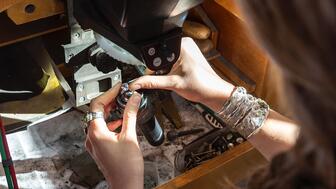
A 10-year alliance has also begun to address the shortage of bench jewelers through scholarships, enhanced programs, and updated equipment.
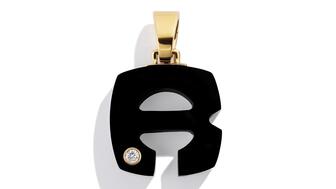
The “Splendente” collection has evolved to feature hardstone letter pendants, including our Piece of the Week, the onyx “R.”

Every jeweler faces the same challenge: helping customers protect what they love. Here’s the solution designed for today’s jewelry business.
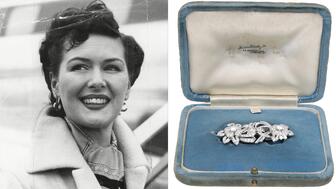
The jewelry collection belonged to “one of society's most glamorous and beautiful women of the mid-20th century,” said the auction house.


The update came as Anglo took its third write-down on the diamond miner and marketer, which lost more than $500 million in 2025.

Emmanuel Raheb discusses the rise of “GEO” and the importance of having well-written, quality content on your website.

With refreshed branding, a new website, updated courses, and a pathway for growth, DCA is dedicated to supporting retail staff development.

Catherine Aulick, a GIA graduate, received the ninth and final Gianmaria Buccellati Foundation Award for Excellence in Jewelry Design.

We asked a jewelry historian, designer, bridal director, and wedding expert what’s trending in engagement rings. Here’s what they said.
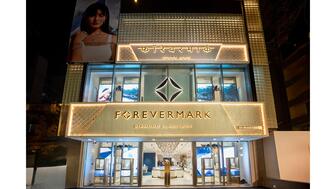
Experts from India weigh in the politics, policies, and market dynamics for diamantaires to monitor in 2026 and beyond.

Beth Gerstein discusses the vibe of the new store, what customers want when fine jewelry shopping today, and the details of “Date Night.”

Are arm bands poised to make a comeback? Has red-carpet jewelry become boring? Find out on the second episode of the “My Next Question” podcast.

The Swiss watchmaker is battling declining sales amid a rapid retail expansion, according to a Financial Times report.

The campaign celebrates Giustina Pavanello Rahaminov, the co-founder’s wife and matriarch of the family-owned brand, for her 88th birthday.

Rachel Bennett, a senior jeweler who has been with Borsheims since 2004, earned the award.

After the Supreme Court struck down the IEEPA tariffs, President Trump imposed a 10 percent tax on almost all imports via a different law.

The industry veteran, who was with The Edge Retail Academy for 14 years, joins her husband at the company he founded in 2022.

The vintage signed jewelry retailer chose Miami due to growing client demand in the city and the greater Latin American region.

Former Flight Club executive Jin Lee will bring his experience from the sneaker world to the pre-owned watch marketplace.
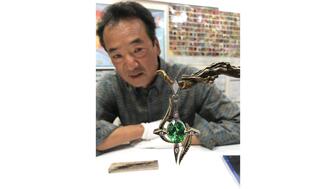
Sakamoto, who died in mid-January following a sudden illness, is remembered for his humility and his masterful, architectural designs.

The April event will feature a new VIP shopping day requiring a special ticket.

Bulgari chose the British-Albanian singer-songwriter for her powerful and enduring voice in contemporary culture, the jeweler said.

In a 6-3 ruling, the court said the president exceeded his authority when imposing sweeping tariffs under IEEPA.

Smith encourages salespeople to ask customers questions that elicit the release of oxytocin, the brain’s “feel-good” chemical.

JVC also announced the election of five new board members.
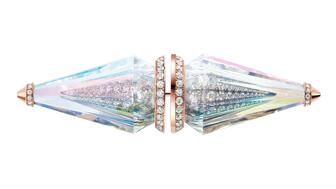
The brooch, our Piece of the Week, shows the chromatic spectrum through a holographic coating on rock crystal.














